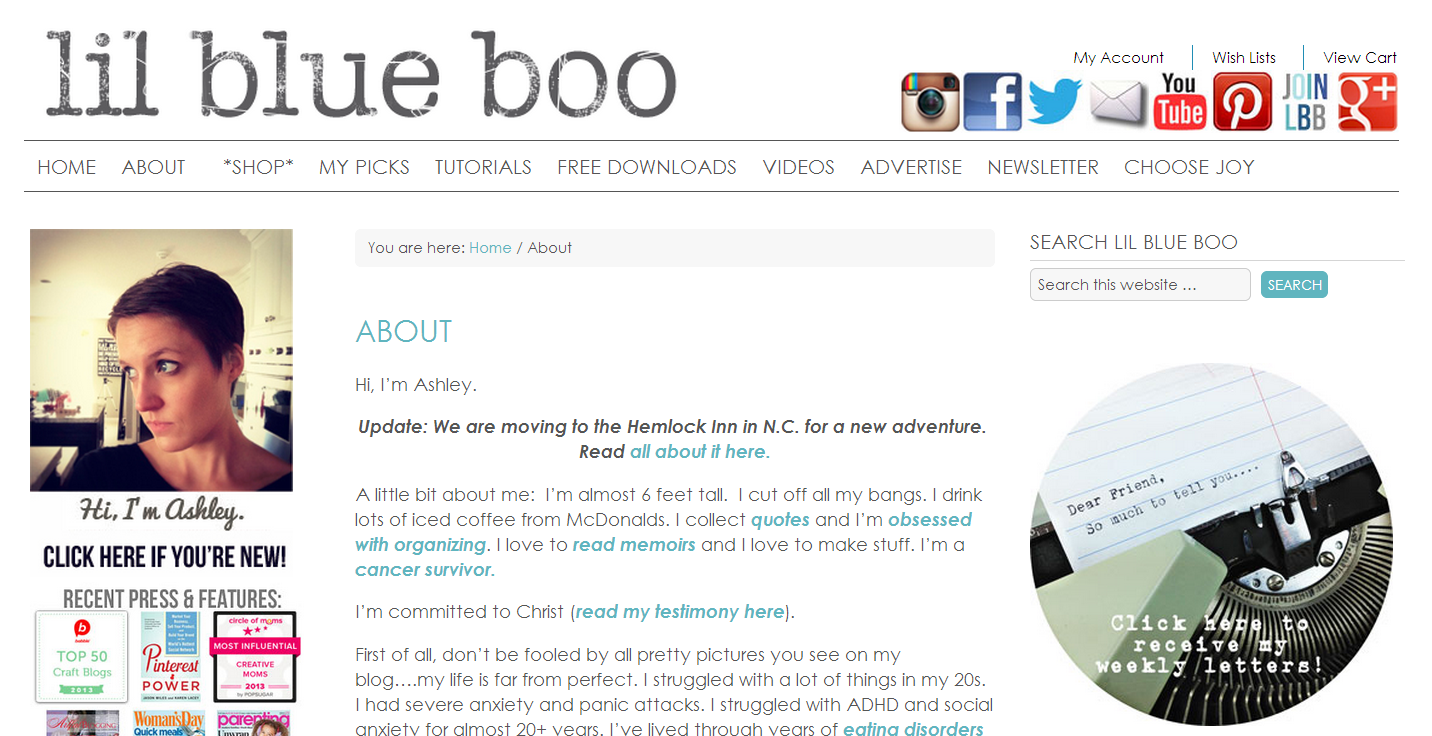Happy Birthday to me! I turned 24 on the 24th, yesterday:) Unfortunately, my plans to go home were foiled, but I got to spend the evening with my boyfriend and tonight I'm going to dinner with his family to celebrate. Not a bad ending after all:)
Celebrities who share my birthday:
Kelly Clarkson, Barbara Streisand, Cedric the Entertainer, Shirley MacLaine
Interesting things in history on this day:
1184 BC - The Greeks enter Troy using the Trojan Horse 1792 - "La Marseillaise" composed by Claude-Joseph Rouget de Lisle
1865 - Fire alarm & police telegraph system put into operation (SF)
1907 - Hersheypark, founded by Milton S. Hershey for the exclusive use of his employees, is opened.
1916 - Easter rebellion of Irish against British occupation begins
1950 - "Peter Pan" opens at Imperial Theater NYC for 320 performances
1950 - Pres Harry Truman denies there are communists in US government
1969 - Paul McCartney says there is no truth to rumors he is dead
1989 - Massachusetts declares today "New Kids on the Block Day"
This week on Andrea's blog, I wrote a response to her post on how to avoid regretting a study abroad experience. I've had a lot of problems in my time here, but I would never say that I regretted it.
I haven't put all of these on insta yet, but these are my favorite shots of my new favorite place in Geneva:) Jardin Botaniques- The Botanical Gardens
 |
| View of one of their green houses from a café terrace |
 |
| Ducks out in the open! |
 |
| My fav flowers |
 |
| What's so interesting under there, guys? |
 |
| Mystical garden |
 |
| The most beautiful spot |
 |
| Splashy-Splash! |
There is nobility in the struggle, you don't have to win.
Sharon Pollock
This seems to be appropriate for this week's writing and events:) It's important to remember that despite problems, there's always a reason to continue- which is what has gotten me this far. Even if I fail, at least I can say I tried.
Conversations sur la langue française- I'm reading this one for class, supposedly in preparation for the final exam, and it's simply four conversations on language between a journalist and his old linguistics teacher. It's both infinitely boring and linguistically interesting at the same time. I think a big reason why I'm bored is because the "teacher" is so pompous. But I'm learning stuff, so hey.































